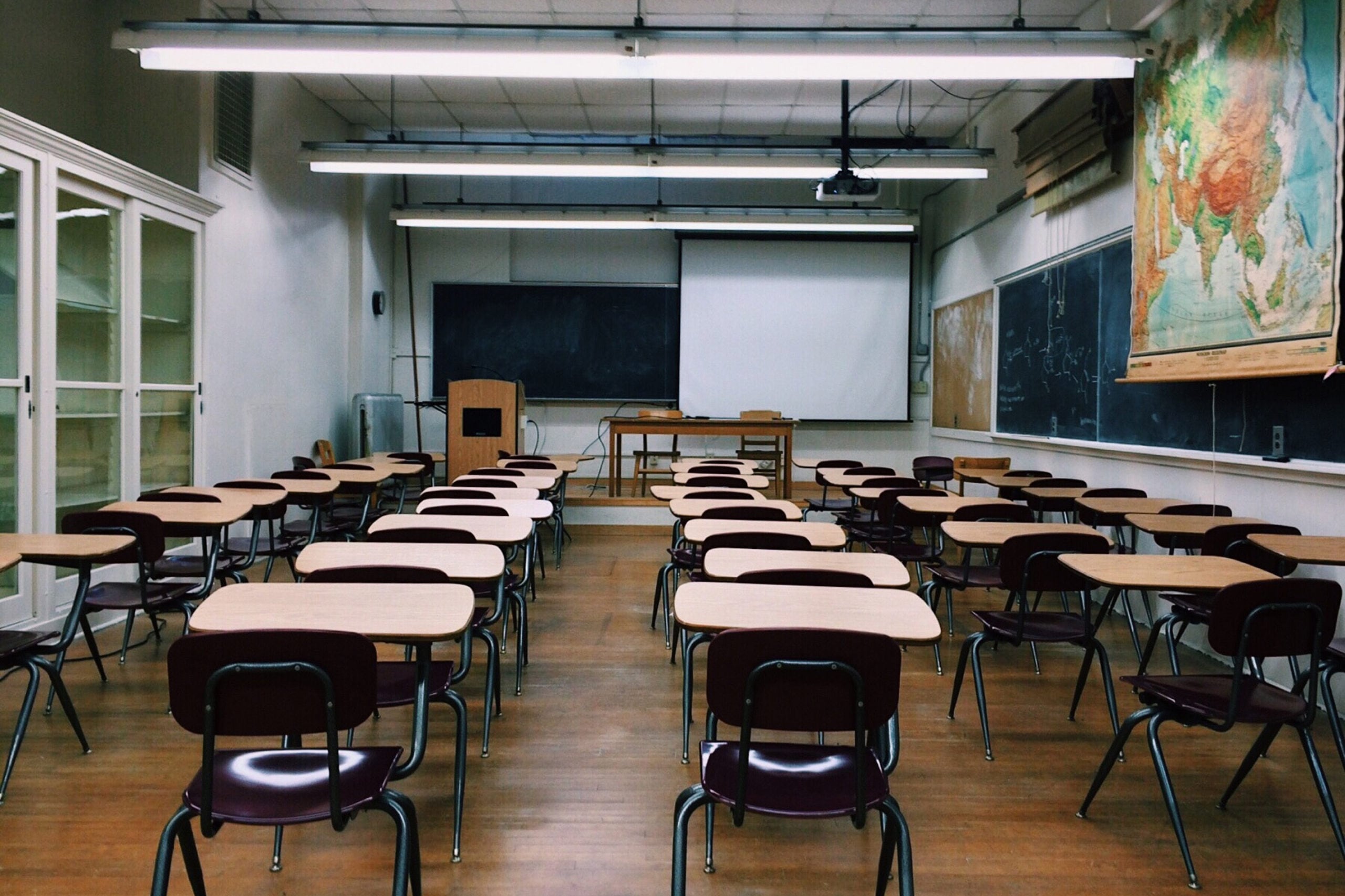Stephanie Jones, the chief of Chicago Public Schools’ special education department, left the district on Friday, amid criticism for her role in the district’s failure to fix violations involving the use of physical restraint and timeout on students.
Jones’ leadership has faced scrutiny from the district’s teachers union, parents, and advocates for students with disabilities over concerns about high staff turnover on her team, recovery services for students during the COVID-19 pandemic, and other issues.
The Chicago Teachers Union’s governing body passed a vote of no confidence in Jones in late May and called on the district to fire her for “dismal failures to protect the district’s most vulnerable students, continued violation of special education laws and the creation of a toxic workplace.”
Chicago named Richard Smith as interim chief while the district conducts a nationwide search for a new department lead, according to a spokesperson for Chicago Public Schools. Smith is a former CPS school principal, chief network officer, and chief officer for the Office of Special Education and Supports (now known as the Office of Diverse Learner Supports and Services).
This week, Chalkbeat Chicago reported that Chicago Public Schools is under watch by the Illinois State Board of Education because the district has been violating state laws governing the use of restraint and timeout in classrooms.
In a letter dated April 18, the state board cited Jones for not properly fulfilling her role as the designated official responsible for restraint and timeout policies and incidents. The official is supposed to maintain a copy of records, be notified of every incident by the end of the school day on which it occurred, and receive documentation or any evaluation of any incident that exceeds 15 minutes of physical restraint or 30 minutes for timeout.
Jones told the state board on Dec. 23, 2022 that she had delegated the responsibility to another person on her team but that person left in March 2023. Without anyone monitoring restraint and timeout incidents across the city’s public schools, the state said the district was not in compliance with state law.
“We sincerely thank Dr. Jones for her commitment to serving students in Chicago with diverse learning needs, and we wish her well in her future endeavors,” a spokesperson for Chicago said in a statement on Friday.
Earlier in the week, at a Wednesday press conference, CEO Pedro Martinez said in response to a question about the state’s restraint and timeout concerns that improving services for students with disabilities is a top priority for his administration. He vowed that the district will meet all state requirements around training and compliance with restraint rules before the start of the school year in August.
He noted that the district is increasing funding for disability services by $100 million in the next school year’s budget and said schools will staff more teachers and aides working with students with disabilities.
“This is an area that has been a challenge in our district for the last two decades,” he said. “But we’re going to fix it.”
At the Wednesday event, Martinez sidestepped a question about who will be held accountable for the restraint issues.
In recent months, Jones has emerged as a candidate for leadership jobs in other districts, including Kalamazoo Public Schools in Michigan, where she was named finalist for the superintendent position. Another candidate was selected for that role.
Mila Koumpilova is Chalkbeat Chicago’s senior reporter covering Chicago Public Schools. Contact Mila at mkoumpilova@chalkbeat.org.
Samantha Smylie is the state education reporter for Chalkbeat Chicago, covering school districts across the state, legislation, special education, and the state board of education. Contact Samantha at ssmylie@chalkbeat.org.






